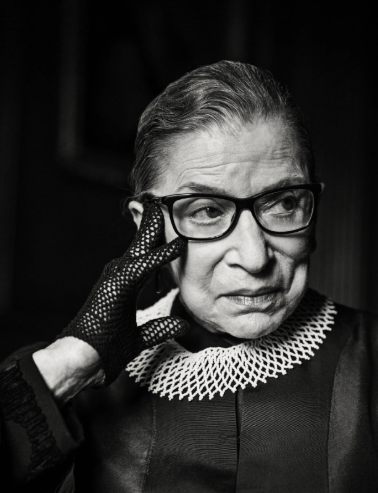Hair Oppression
- Kenzie Swartz

- Oct 6, 2021
- 2 min read
Kylie Jenner's one hundred eighty-eight million Instagram followers praise her box braids for being edgy and trendy. Meanwhile, hundreds of African Americans cut theirs to appear 'hireable' and 'professional.' African Americans and people of color have faced discrimination for centuries regarding their natural hair. Furthermore, societal beauty standards typically mimic Eurocentric hair. Last week, Senator Cory Booker proposed a bill prohibiting hair discrimination on a federal level; this is the first bill in history to target hair specifically when discussing racial prejudice. So, how did we get here?
The roots of breaking black hair go back to slavery in the US. When African Americans became enslaved, their hair was shaven to stripe them from their identities and prevent lice from spreading. This led to a stigma that African Americans were less than, and to be accepted, they must conform to societal standards. These normals and stigmas are still very much present today.
Local teen activist Kiandra Bell can recall being self-conscious about her hair as a child, "I used to make my mom tie my hair down with three hair ties because I was so worried my hair would block peoples' eyesight of the chalkboard in school". Like dozens of other POC children, Bell struggled with racial inequities that surrounded her hair. Bell can remember her sport instructor punishing her because her hair wasn't straight or tied a certain way. Furthermore, growing up, the stores in Bell's hometown locked up ethnic hair products, and to purchase them, she had to request for a cashier to open the case. In addition, many jobs advise against hairstyles typically worn by POC individuals. In fact, until 2017, women in the military were not allowed to wear natural hairstyles such as twists, dreadlocks, afros, and braids. These hairdos were considered "unkept," and those who did not oblige to said guidelines had to cut their hair or wear wigs. As a result, POC girls were left subject to products such as hair relaxers, chemical treatments, and hot combs. Repeated treatments required to maintain the socially accepted look can lead to balding, breakage, and shedding.
But this year, things have started to turn for the better; states like California, New York, and New Jersey have brought about change. Founded in California, the CROWN Act (Creating a Respectful and Open Workplace for Natural hair) makes discrimination based on hair illegal. This piece of legislation makes California the first state to ban this form of discrimination. New York and New Jersey were not far behind in the movement and have also passed legislation. Recent efforts and discussions have led POC women to embrace their natural hair and beauty.
Senator Booker argues that "implicit and explicit biases against natural hair are deeply ingrained in workplace norms and society at large. This is a violation of our civil rights. It happens every day for black people across the country." we as a nation owe it to each other to stand as one, and to do that, we must accept others for who they are no matter their skin, no matter their sex, and certainly, no matter their hair.
--
Kenzie Swartz
Senior
Bob Jones High School
Madison, AL
Mackenzie__peyton



Comments